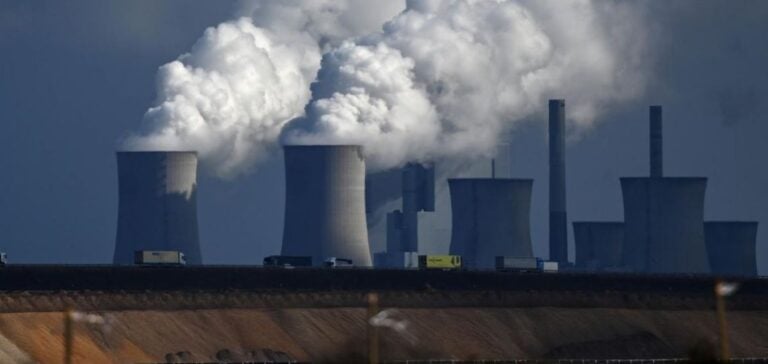The Russian thermal coal industry, especially the high-energy grade (6,000 kcal/kg NAR), is undergoing an unprecedented liquidity crisis. International sanctions, combined with logistical obstacles and soaring operational costs, have severely restricted access to financing and the viability of Russian exports.
After the invasion of Ukraine in 2022, Russia, once heavily dependent on the European market for its coal exports, had to rapidly redirect its sales toward Asia. Initially, China and India benefited from this shift, acquiring Russian coal at highly attractive prices. However, these discounts, though advantageous, led to hidden costs for Russian exporters facing growing logistical challenges.
Rising Costs and Reduced Margins
With gradual reductions in discounts and increasing transportation costs, Asian buyers lost interest in Russian coal by the second quarter of 2023. Confronted with a sharp rise in maritime transport fees, Russian exporters saw their profit margins shrink. By the end of 2023, buyers were largely reluctant to pay high prices, forcing Russian exporters to reduce their shipments.
Russian thermal coal exports fell from 148 million tons in 2022 to 133 million tons in 2023, a 10.13% decrease, according to S&P Global Commodities data. In 2024, volumes dropped to 105.5 million tons, raising concerns about the sustainability of Russian exports as winter approaches, a time when ports become impassable.
Logistical Constraints and Liquidity Shortages
Russia’s limited rail and port infrastructure has added obstacles to this crisis situation. Financial institutions, due to sanctions, are increasingly reluctant to finance new coal projects, thus limiting Russian producers’ capacity to maintain stable production levels for high-quality grades.
A Singapore-based trader explained that “Russian producers of metallurgical coal, which benefit from better prices, are often prioritized for rail transport, reducing the available capacity for thermal coal.” Prices for thermal coal destined for South Korea, for example, fluctuated between $116 and $125 per ton for December shipments, while Chinese buyers preferred cargoes at lower prices.
Asian Market Reactions and Repositioning
Major Asian customers, particularly South Korea and China, have adjusted their sourcing strategies. South Korea, with its high energy demand, sought to secure Russian supplies despite price volatility. According to Pat See Khoo, an analyst at S&P Global, South Korea has benefited from the drop in Australian prices to increase its imports of Russian coal.
However, profit margins for Russian exporters remain under pressure, and uncertainty surrounding logistics and export fees weighs on the sustainability of Russian coal supplies. The Russian government has already announced an increase in freight tariffs by 2025, which could further complicate the situation for foreign buyers.






















